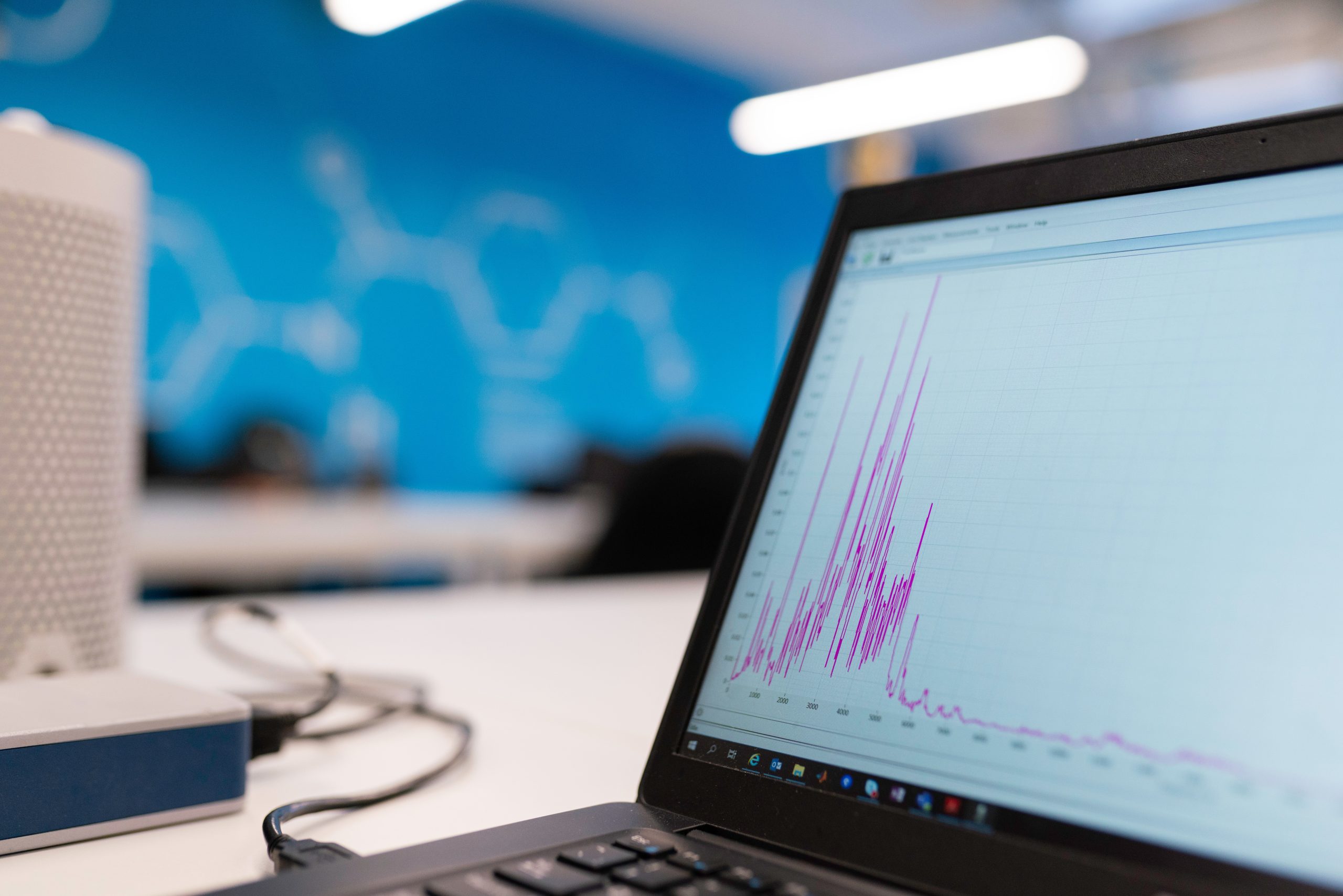Updating our software is often one of the last tasks on our to-do lists. We all know it must be done, yet we’re often too busy to take the time and click the necessary buttons. But here’s the truth: Postponing these updates puts you at risk when it comes to your data and security. Newer versions of many programs include specific security patches to help protect your information. If you don’t update them, then these safeguards may not be in place. In this blog post, we’ll cover why postponing software updates is so dangerous and how you can stay up-to-date with your programs safely.
What are software updates?
Software updates are important for keeping your computer and applications running smoothly and securely. By postponing software updates, you are putting yourself at risk for potential vulnerabilities that could be exploited by malicious actors. Cybercriminals are constantly on the lookout for unpatched systems to target, so it is important to keep your software up-to-date to protect yourself from these threats.
Why do people postpone software updates?
There are several reasons why people might postpone software updates, despite knowing that it puts them at risk. They may be worried about potential compatibility issues, concerned about the time commitment required to install the update, or simply too busy to bother with it.
However, it's important to remember that software updates often contain security patches that can protect you from serious vulnerabilities. If you're using an outdated version of a program, you could be putting yourself at risk of being hacked or infected with malware.
So even though it may be inconvenient, it's always best to keep your software up to date. You can usually set your programs to automatically update, so you don't even have to think about it. Just make sure you have a reliable backup system in place in case something does go wrong during an update.
What are the risks of postponing software updates?
If you don't keep your software up to date, you're missing out on important security patches that can protect your devices and data from the latest threats. What's more, you're also at risk of being targeted by malware and other attacks that exploit known vulnerabilities in outdated software.
So why do people still postpone installing software updates? In some cases, it's because they're worried about compatibility issues or disruptions to their workflow. However, it's important to remember that most updates are designed to address specific security risks and vulnerabilities, so the sooner you install them, the better.
If you're still not convinced, consider this: the longer you wait to update your software, the greater the chances are that someone else will find and exploit a vulnerability before you do. So not only are you putting yourself at risk by postponing updates, but you're also giving attackers a head start.
Bottom line: if you want to protect your devices and data, don't put off installing software updates.
How to stay safe without postponing software updates
When it comes to software updates, don’t put off until tomorrow what you can do today. That’s because every day you delay puts your computer at risk of being infected with malware or other malicious software.
Here are some tips on how you can stay safe without postponing software updates:
1. Keep your operating system up to date. This is one of the most important things you can do to keep your computer safe. Make sure you have the latest security patches installed and that you always install new versions of your OS as they become available.
2. Keep your applications up to date. In addition to keeping your OS up to date, it’s also important to keep all the applications on your computer up to date. This includes everything from your web browser and email client to any productivity or creative suites you might be using. Most application updates include security fixes, so it’s important to install them as soon as they become available.
3. Use a reputable antivirus program and keep it up to date. Antivirus software is another crucial line of defense against malware and other threats. But like any other software, it needs to be kept up to date in order to be effective. So make sure you have a good antivirus program installed and that you always install the latest virus definitions.
4. Be careful about what you download and install on your computer. One of the best ways to avoid malware is simply to be careful about what you download and install on your computer. Only download files from trusted sources, and never click on suspicious links or email attachments.
5. Back up your data regularly. Finally, it’s a good idea to back up all of your important files on a regular basis. That way if something does go wrong, you’ll have a recent backup that you can restore and get back to work quickly.
Conclusion
In conclusion, software updates are essential for keeping your device secure and up-to-date. Postponing them can increase the risk of cyberattacks or malware infections, so it is important to stay aware and make sure that all of your devices have the latest versions installed. Taking a few moments out of your day to check if there are any pending security updates is an easy step that you can take toward keeping yourself safe online.


